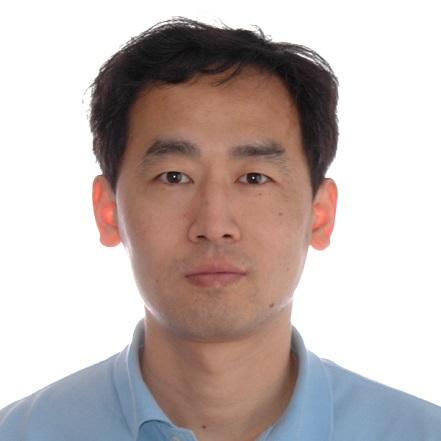
kun zhao
Professor
Gender:Male
Date of Employment:2018-06-08
2001.9 -- 2006.10
Princeton University Physics Ph.D.
1998.9 -- 2001.7
Peking University Physics Master
1994.9 -- 1998.7
Peking University Physics Bachelor
Physical chemistry of soft materials
Characterization and applications of microbial systems
Applications in biotechnology: Sustainable bioenergy, water quality control, biofilm control
Zipcode :
Postal Address :
E-mail :
Our team is an interdisciplinary team, including members from physics, chemistry, microbiology and engineering fields.
We have open positions for Master and Ph.D students!
Applicants who have a physics, microbiology or computer science are also very welcome!
Kun Zhao, Professor, School of Chemical Engineering and Technology, Tianjin University. Dr. Zhao received his Bachelor’s degree in Physics from Beijing University in China and earned his Ph.D. in Condensed Matter Physics at Princeton University. After receiving his doctorate, he trained as a postdoctoral fellow at the University of California, Los Angeles, where he investigated complex pattern formation in two model systems: complex fluids of anisotropic shaped colloids and biofilms. In 2014, he joined Tianjin University as a Professor in the School of Chemical Engineering and Technology.
Mission statement
Our research interests lie at the interface between biology and physics at the mesoscopic scale. The objective of my research is to understand and engineer the behavior of complex matter at this length. Toward this goal, our research is rooted on a multidisciplinary team-work with our group members (and collaborators) from Physics, Chemistry, Microbiology, Mathematics and Engineering. Currently we are studying self-organization in two model complex systems - complex fluids and microbial systems, by tracking particles and microbes using advanced optical microscopy techniques. Our research will have applications in broad areas like fabrication of metamaterial/biomaterial, treatment of bacterial infections, biofouling control, sustainable bioenergy and water remediation.